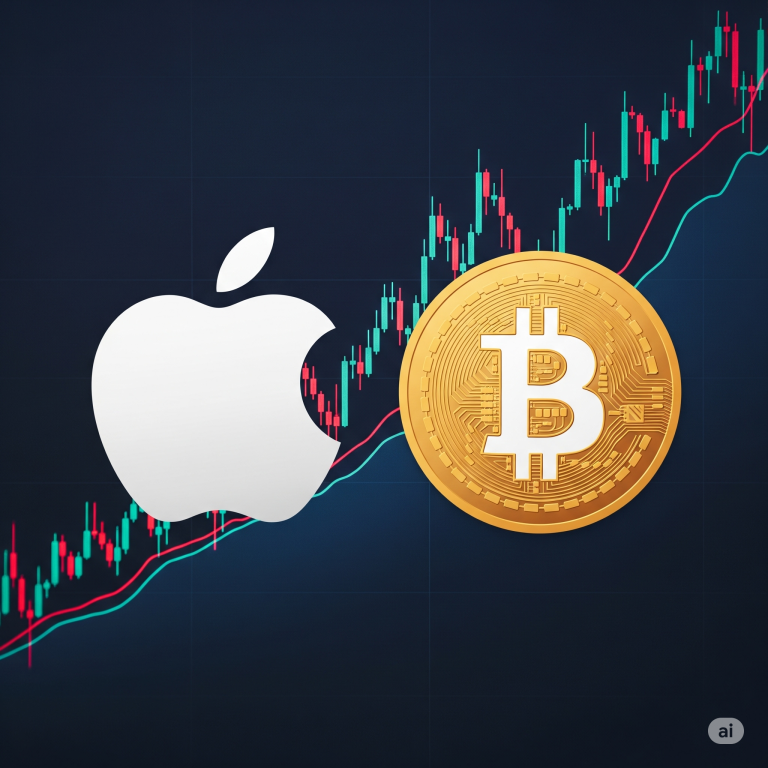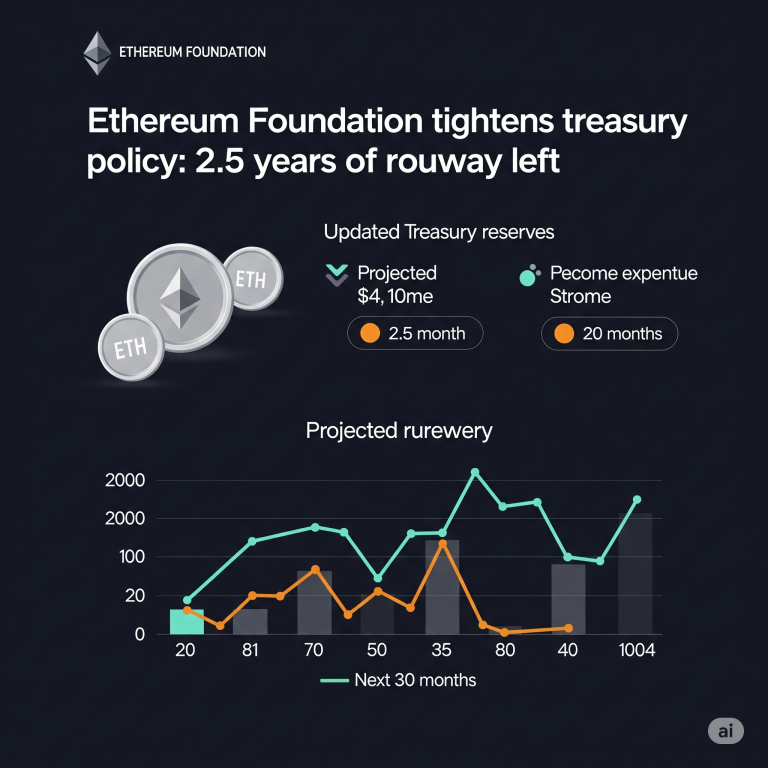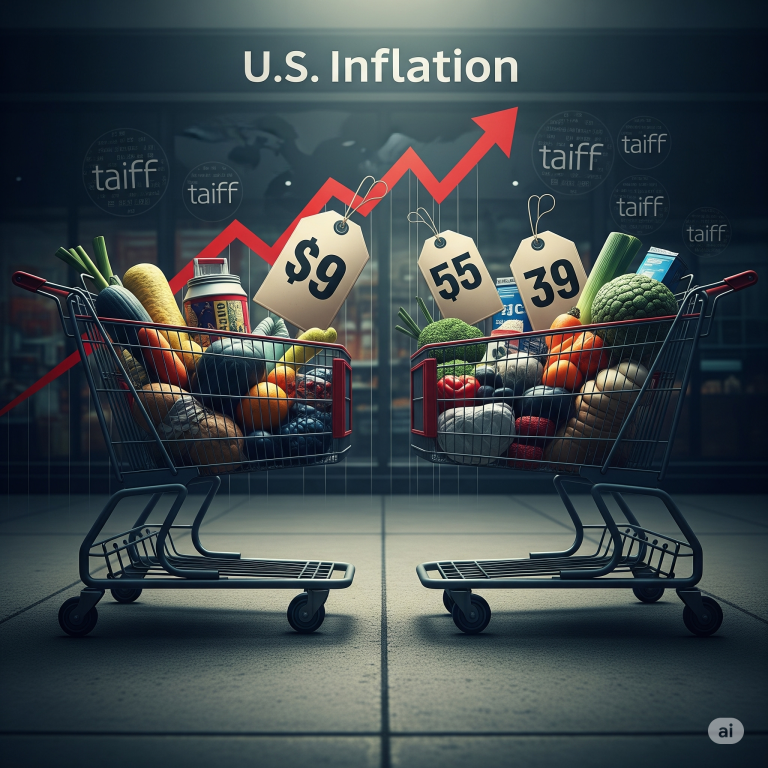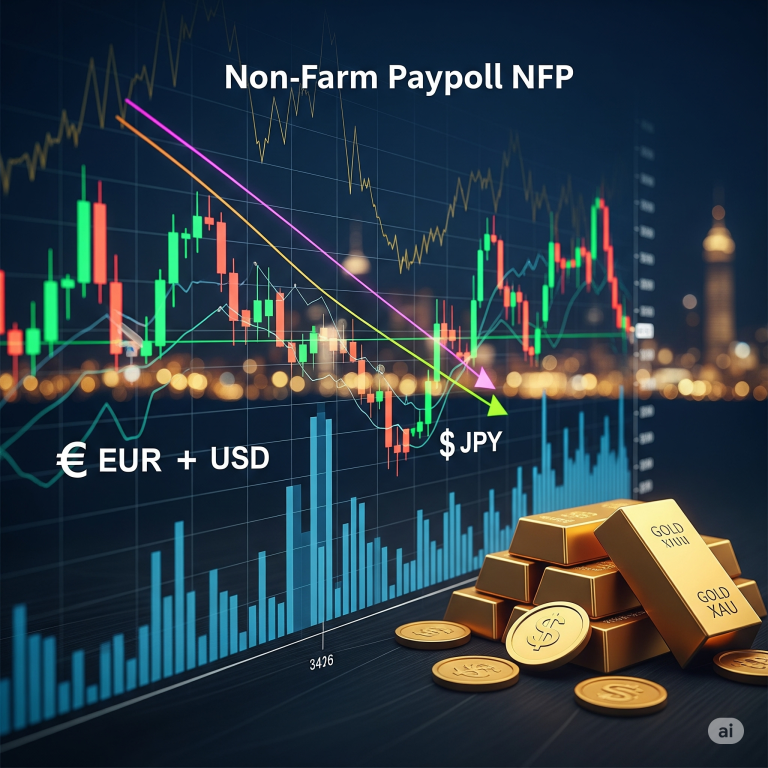A DApp, or decentralized application, is an application that runs on a decentralized network, typically using blockchain technology. Unlike traditional apps, DApps operate autonomously without a central authority1. They use smart contracts to execute operations and maintain data on the blockchain.
DApps can be used for various purposes, including finance (like lending and borrowing), gaming, collectibles, and social media. Some popular examples include Uniswap for token swapping and OpenSea for buying and selling digital collectibles
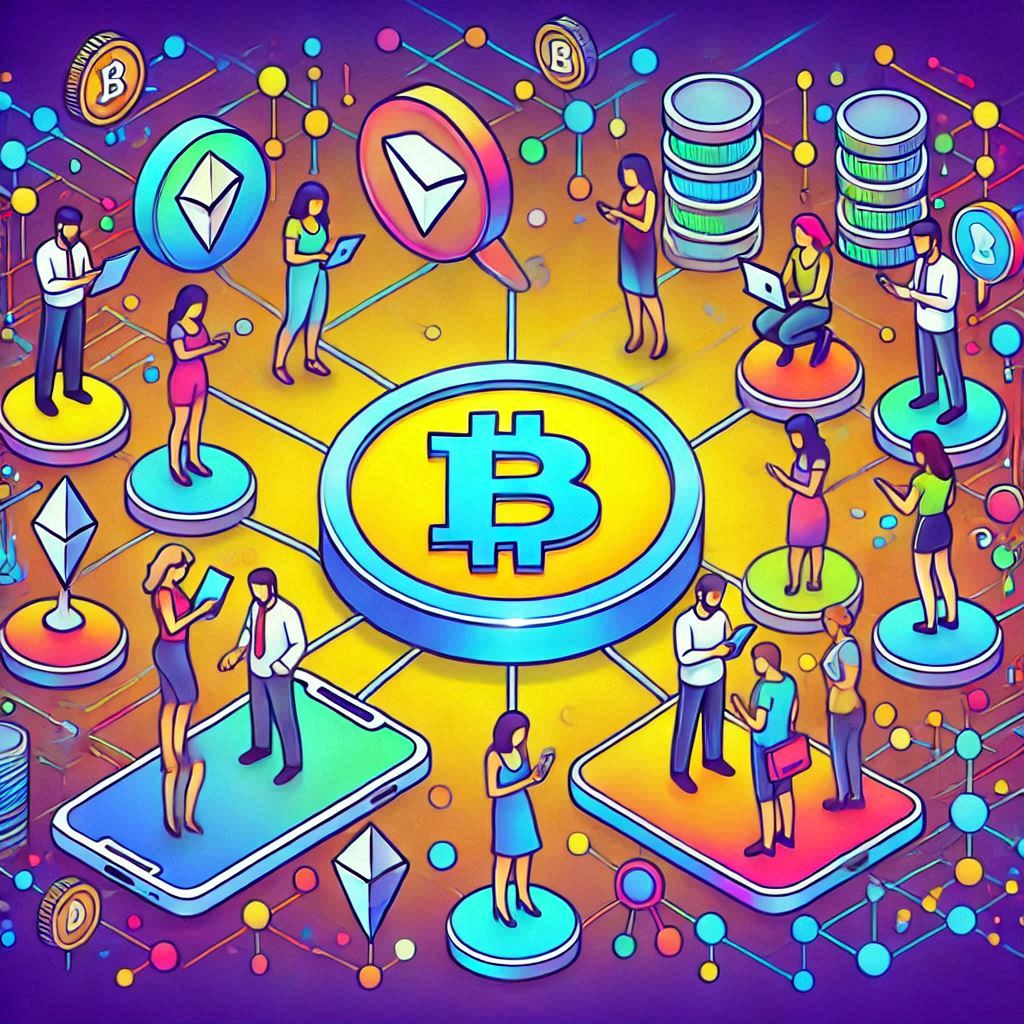
A decentralized application (DApp) is a type of software application that operates on a decentralized network, often built using blockchain technology. Here are some key features that distinguish DApps from traditional applications:
Decentralization: Unlike traditional apps that rely on a central server, DApps run on a peer-to-peer network. This means there’s no single point of control or failure.
Transparency: All transactions and operations within the DApp are recorded on the blockchain, making them publicly accessible and verifiable.
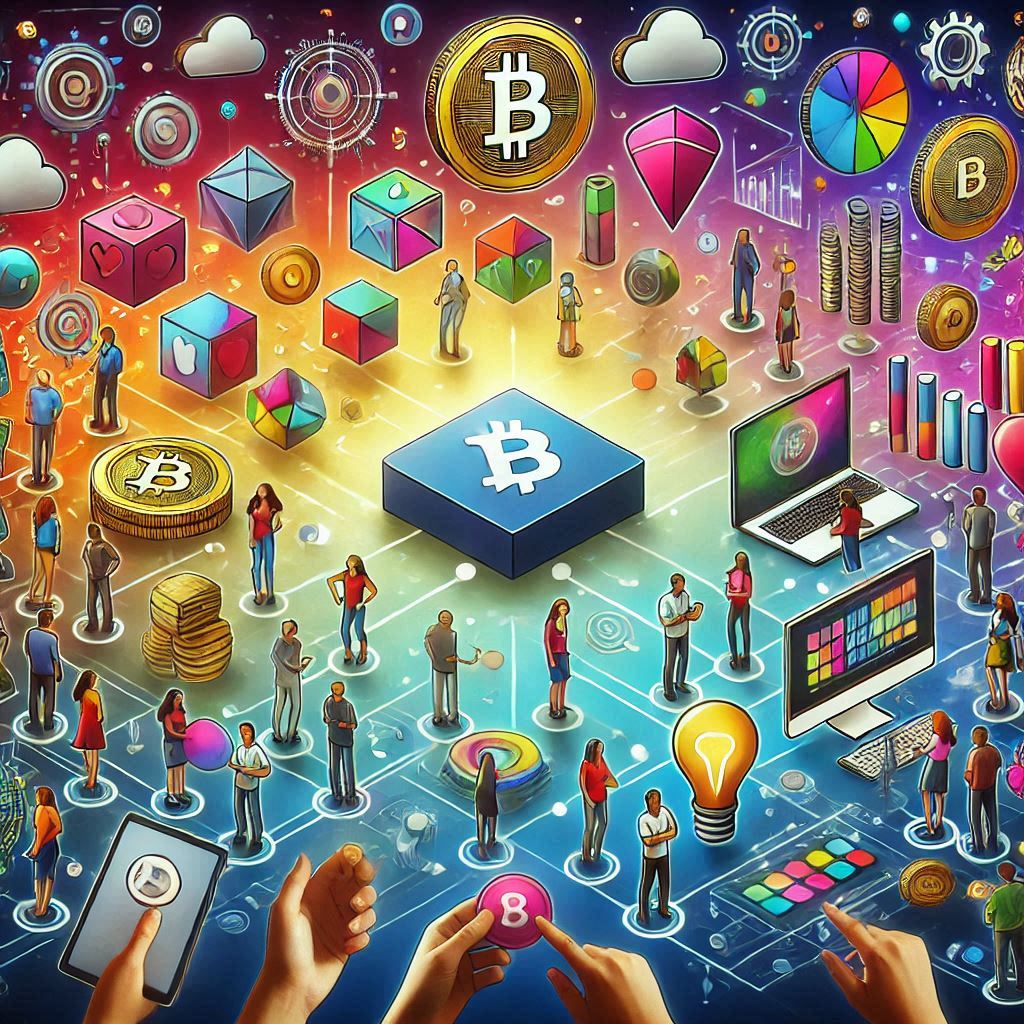
Immutability: Once data is written to the blockchain, it cannot be altered or deleted, ensuring data integrity and security.
Smart Contracts: DApps often use smart contracts, which are self-executing contracts with the terms directly written into code. These contracts automatically enforce and execute terms when certain conditions are met.
Open Source: Most DApps are open source, meaning their code is available for anyone to inspect, use, and modify. This encourages collaboration and innovation.
Examples of DApps
Uniswap: A decentralized exchange for trading cryptocurrencies without an intermediary.
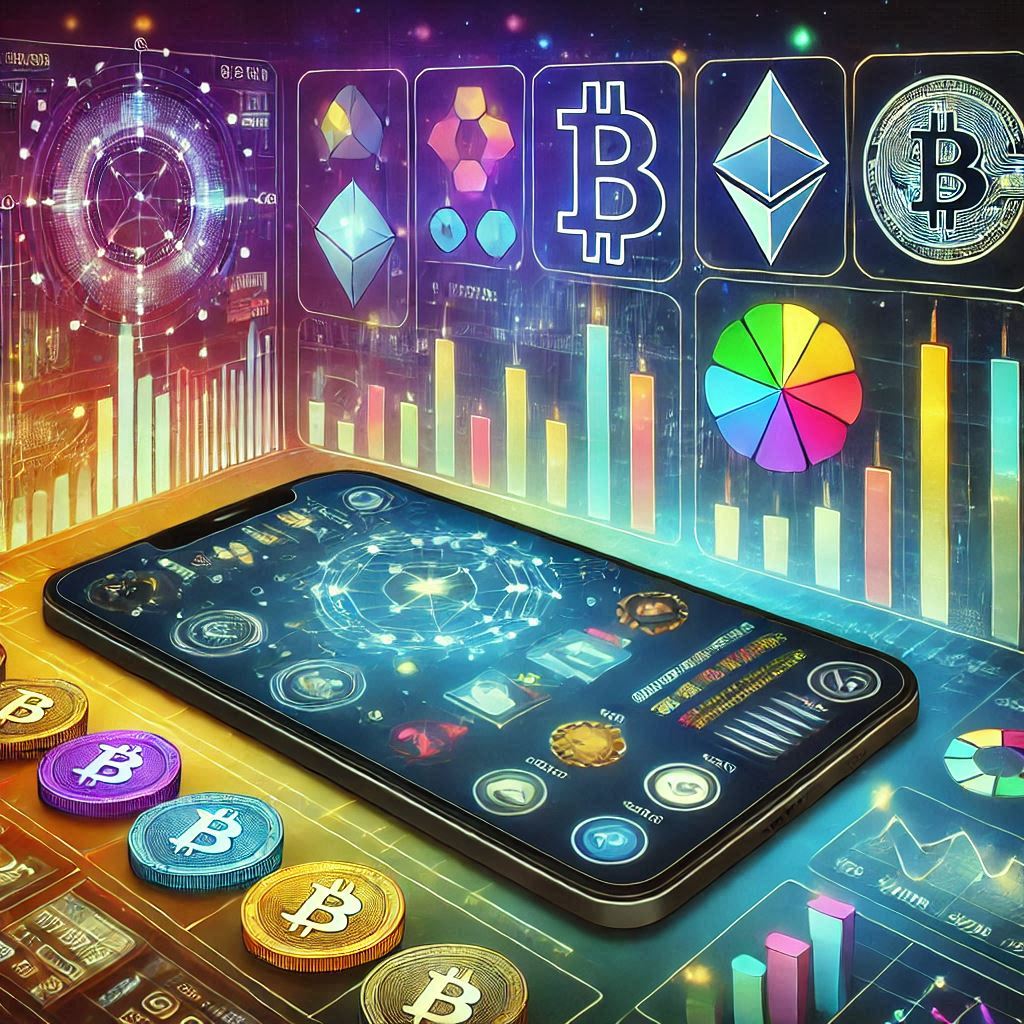
OpenSea: A marketplace for buying, selling, and trading digital collectibles and NFTs.

Compound: A decentralized finance (DeFi) platform for lending and borrowing cryptocurrencies.
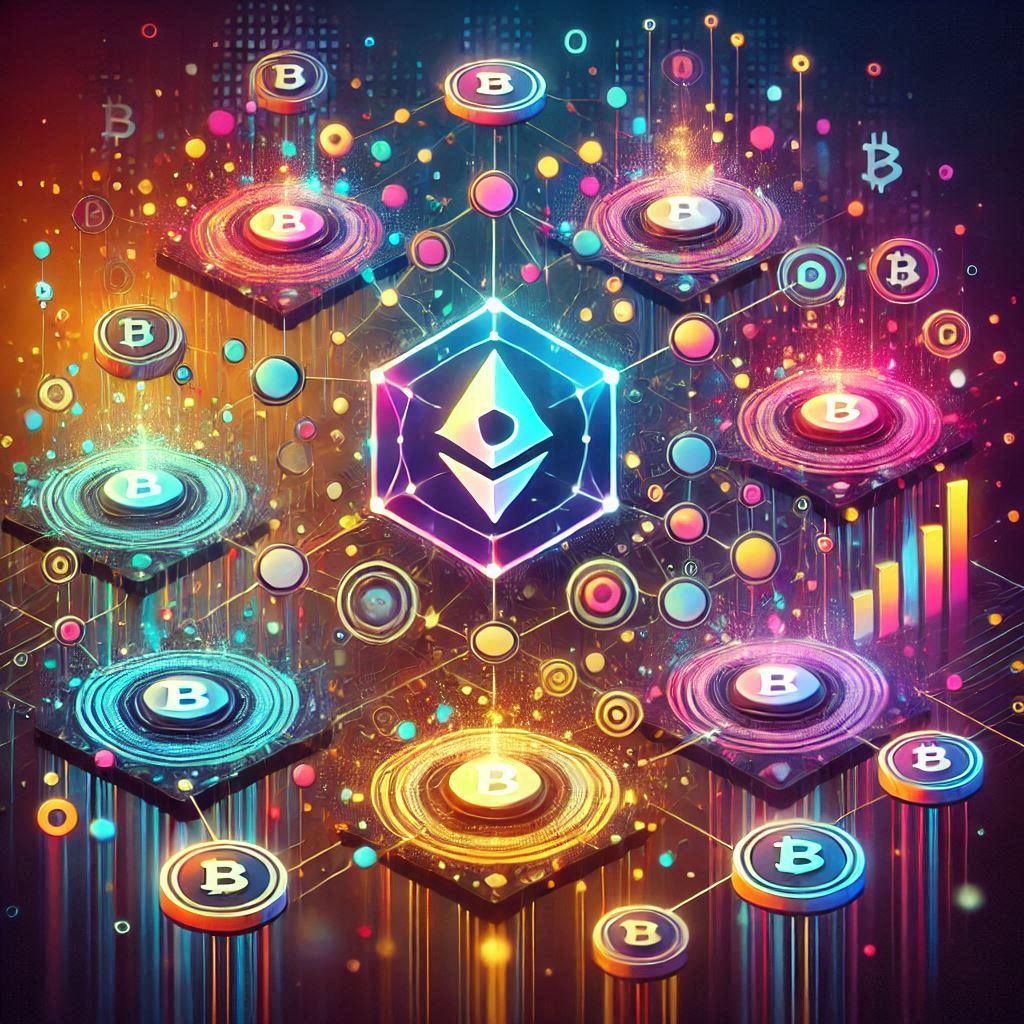
Why we choose dapp ?
Choosing to use a decentralized application (DApp) can offer several advantages over traditional, centralized applications. Here are some reasons why people and organizations opt for DApps:

1. Security
DApps leverage blockchain technology, which inherently provides strong security features. Data is encrypted and distributed across the network, making it difficult for hackers to compromise.

2. Transparency
All transactions and actions within a DApp are recorded on the blockchain and are publicly verifiable. This transparency builds trust among users, as they can independently verify the integrity of the application and its data
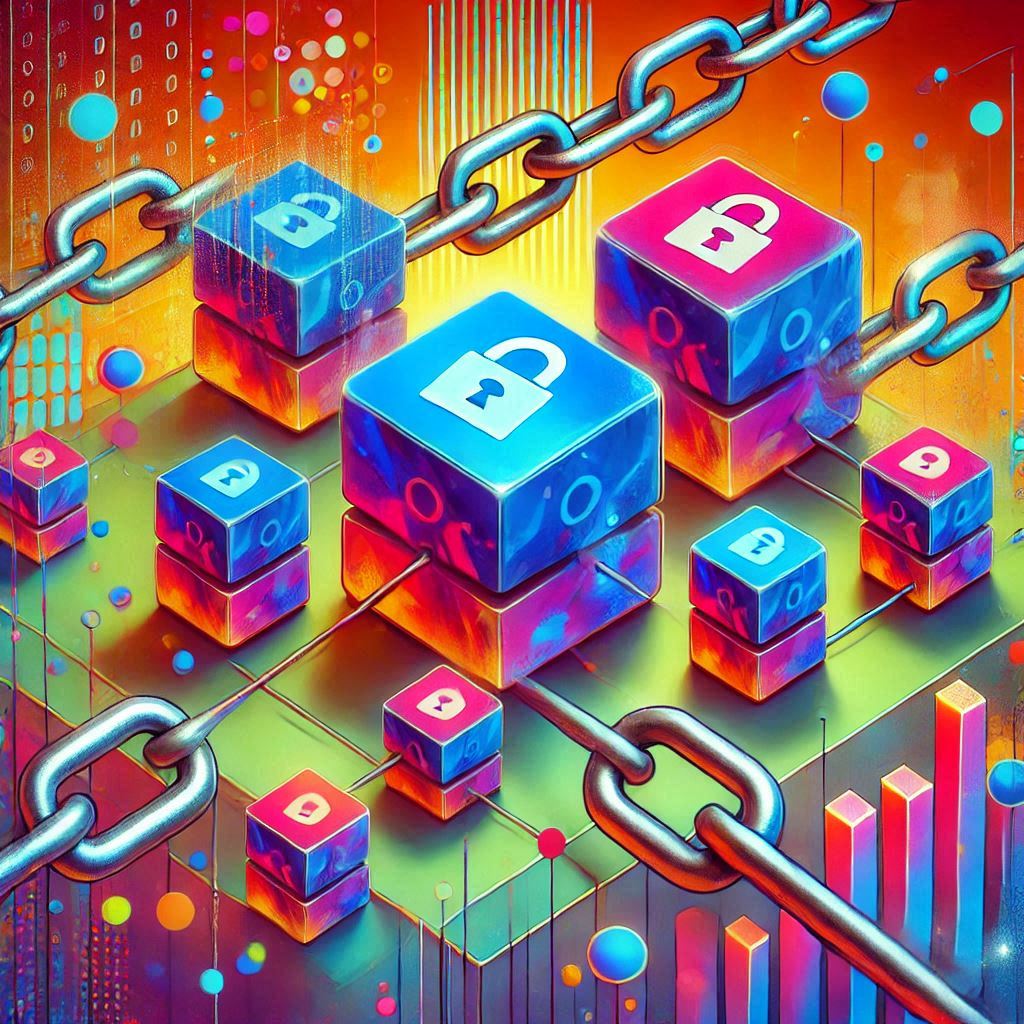
3. Immutability
Once data is recorded on the blockchain, it cannot be altered or deleted. This ensures that records are tamper-proof, which is particularly valuable in industries like finance, supply chain, and healthcare.
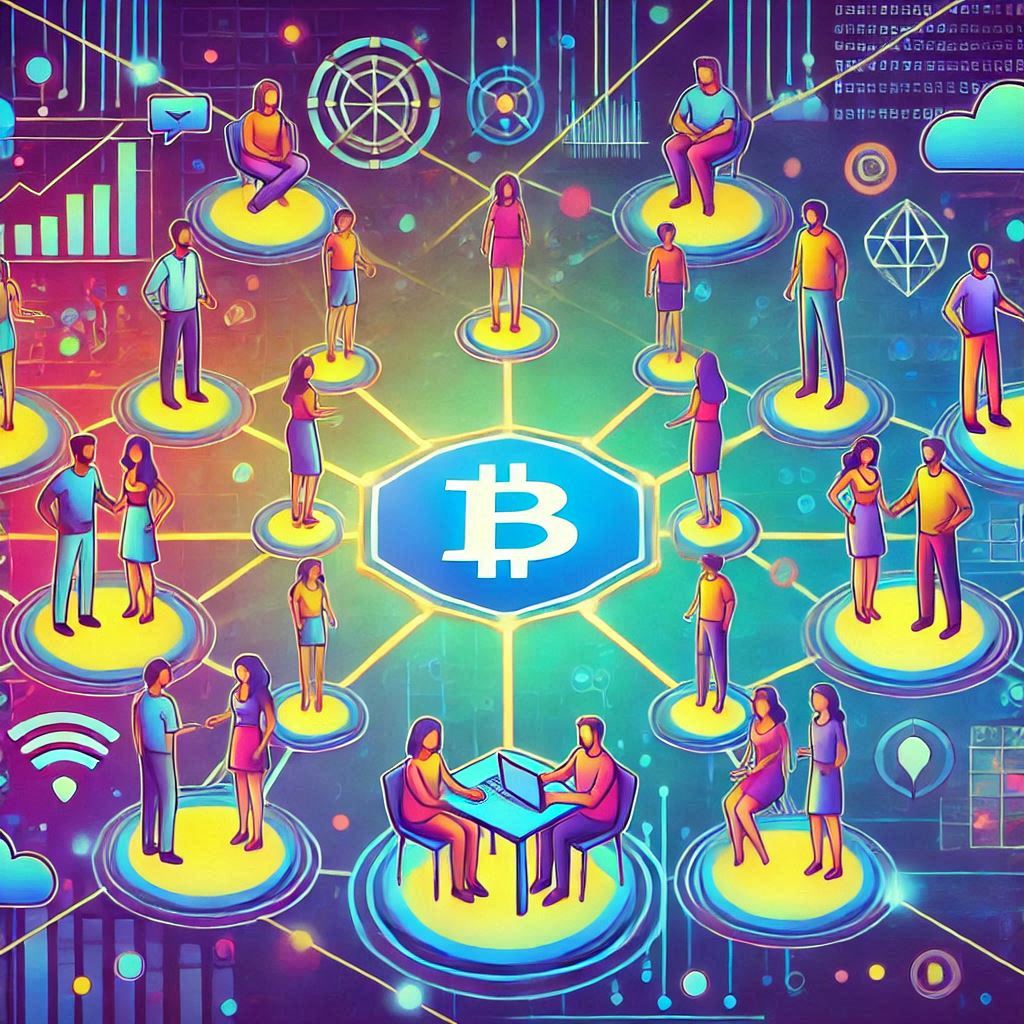
4. Decentralization
By operating on a peer-to-peer network, DApps eliminate the need for a central authority. This reduces the risk of single points of failure and censorship.

5. Autonomy
DApps often use smart contracts, which are self-executing contracts with the terms directly written into code. These contracts can automate processes and reduce the need for intermediaries, thus increasing efficiency and reducing costs.

6. Open Source
Many DApps are open source, allowing developers to inspect, use, and modify the code. This fosters innovation and collaboration within the community.
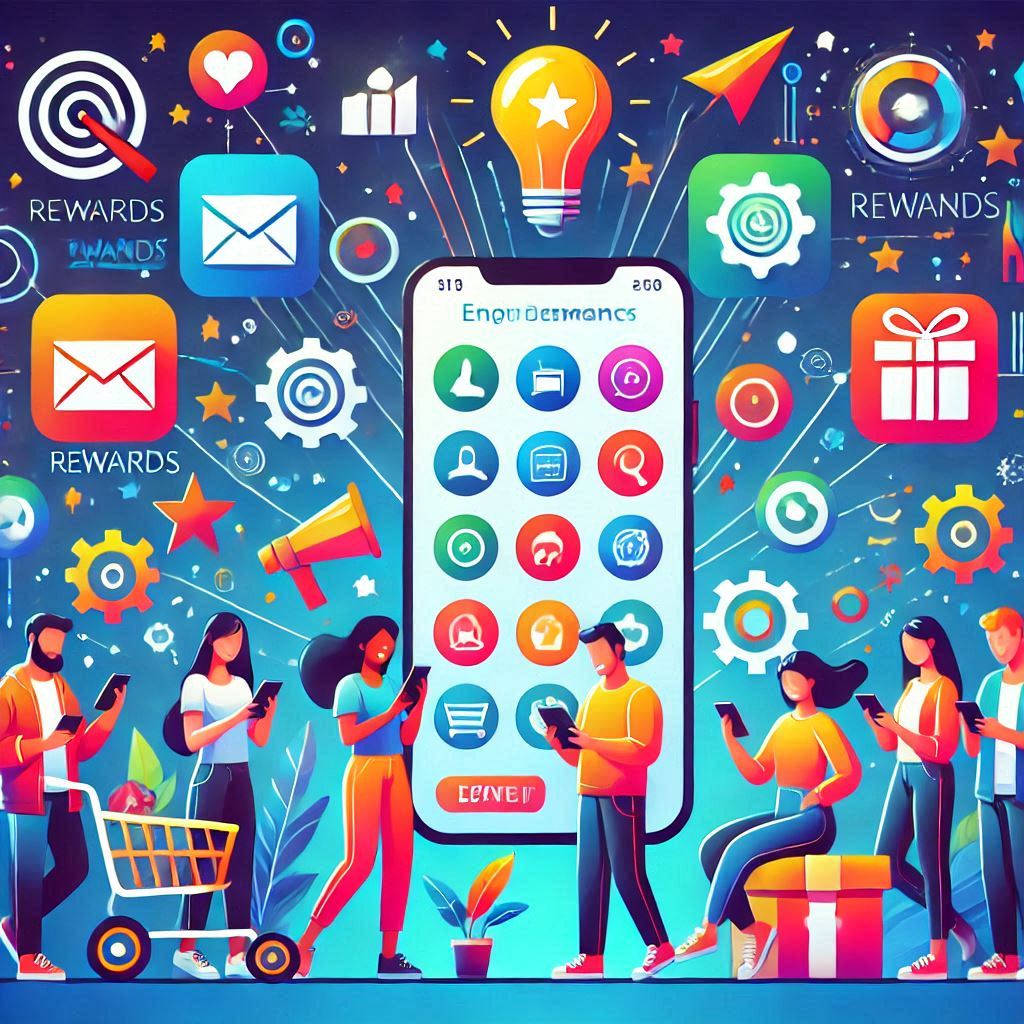
7. Incentivization
DApps can create their own tokens and reward users for participating in the network, contributing to the application’s growth and sustainability.
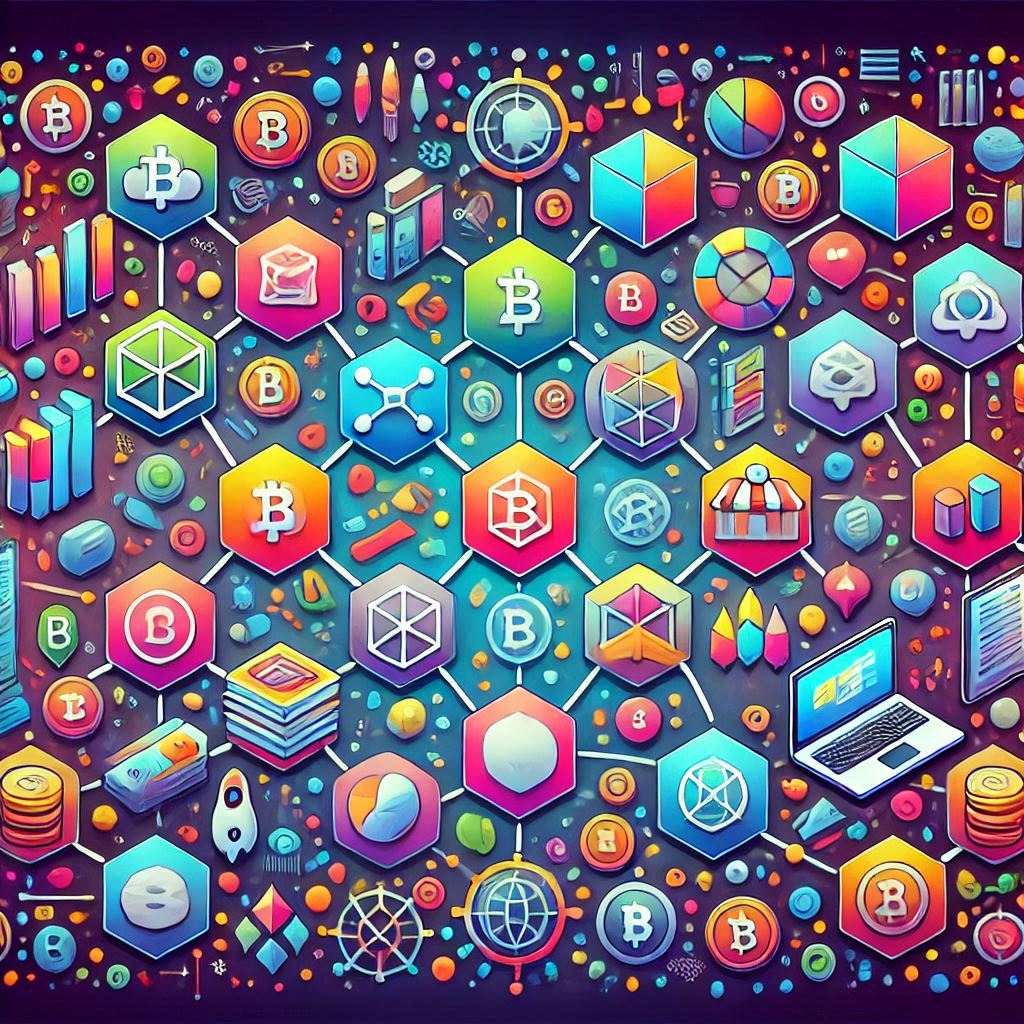
8. Interoperability
Many DApps are designed to work together, enabling seamless integration and interaction across different platforms and networks.
These benefits make DApps particularly attractive for use cases requiring enhanced security, transparency, and efficiency.
For more Information you can check these post and video.
Subscribe to our newsletter!
